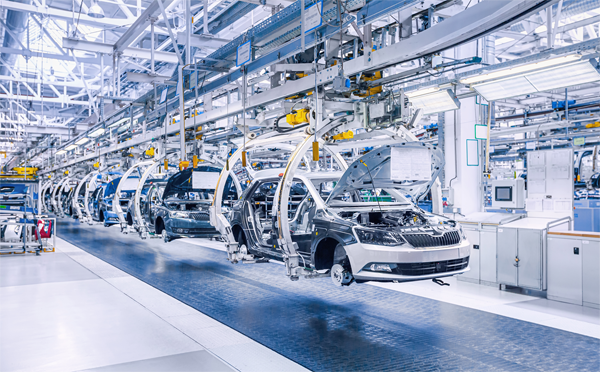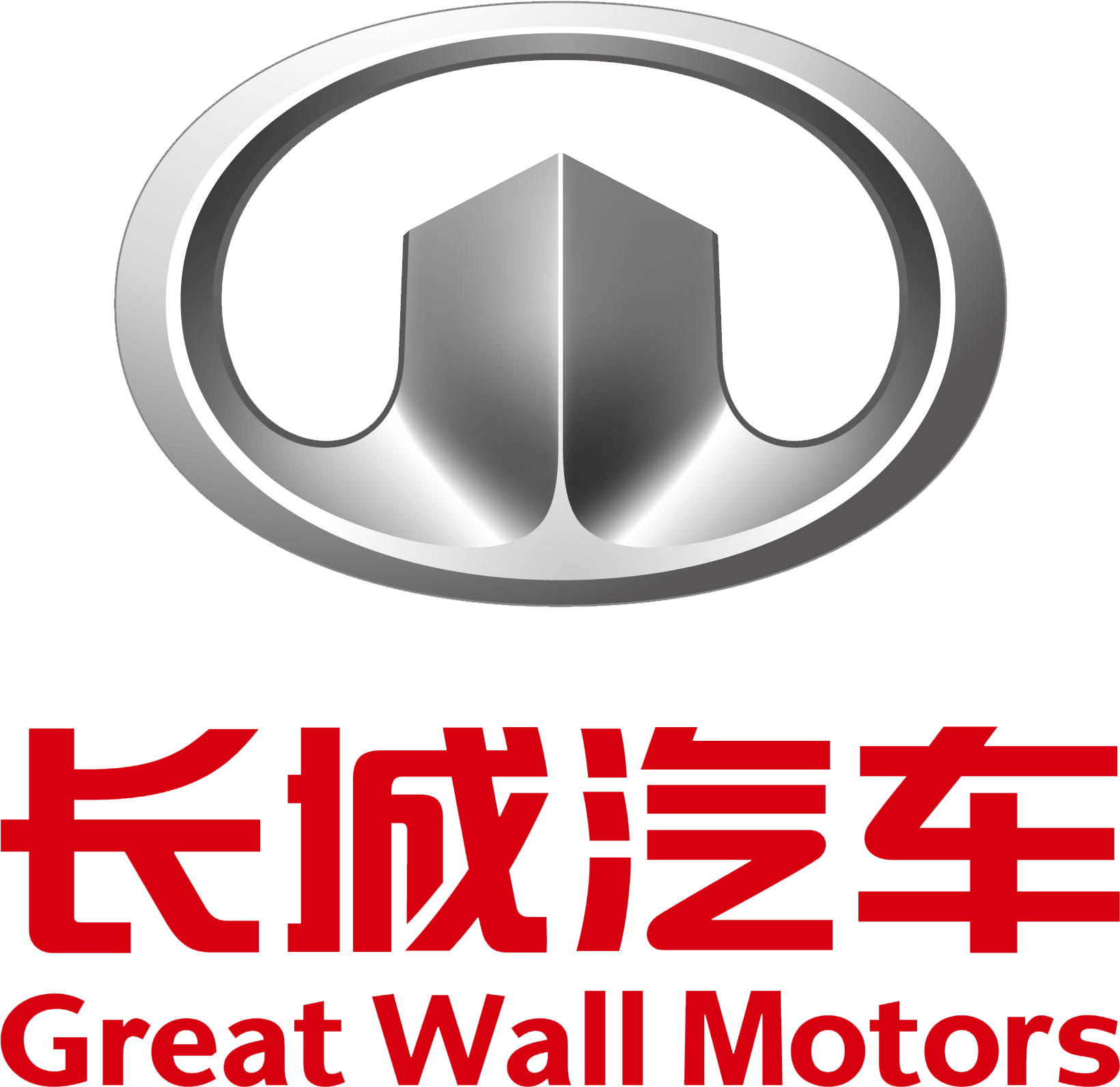Automotive - Equipment manufacturers - Transport
The automotive sector is a very competitive sector. Manufacturing and supply chains must work perfectly and the manufacturer must be at the forefront of new technologies, on the lookout for the latest innovations.
The evolution of technologies and customer expectations, coupled with market pressure, lead the automotive industry to constantly seek the optimization of industrial processes. Improving performance is an imperative to reduce costs and offer the greatest number of innovative, quality vehicles delivered on time.
The COOX MES solution was designed to meet these different requirements.

Quality monitoring and compliance checks
In the automotive sector, quality is a determining factor for supply chains, which are already under pressure. The cost of a recall turns out to be a heavy financial burden for the manufacturer, not to mention the damage it can cause in terms of reputation.
The simplest and least risky way is to optimize the quality, maximize the reliability and compliance with international standards of its processes.
With COOX's QPI (Quality & Performance Indicators) module, you get instant and real-time quality and performance rates. Manufacturers can detect risks and failures in their design and manufacturing process and react immediately by correcting them.
Quality controls are carried out at several levels throughout the manufacturing process and contribute to continuous improvement by setting measurable production objectives. COOX enables manufacturers to meet their quality challenges and remain competitive by reducing costs, lead times and stocks.
A transformation of the productive apparatus int he era of 4.0
Industry 4.0 plays a key role in the automotive sector. One of the main challenges is that of reducing the cost price of vehicles, in particular by modernizing and compacting its layouts.
Digitization should be seen as a tool for better communication and improvement of the internal infrastructure. The factory of the future, connected and "zero paper", must be able to respond to customer expectations in a fast and personalized way: each order triggers a manufacturing order, transmitted to the control center, which plans its order of passage and immediately notifies the customer of the estimated date of delivery.
Thanks to the PMT module of COOX, the manufacturing orders make it possible to sequence the manufacturing according to the orders to be delivered. Their detailed planning can be consulted at any time as well as their progress in table or graphical form and the differences between planned and actual dates and durations appear immediately.
Maximum flexibility and continuous improvement
The automotive sector is an economic model in transition: competition from low-cost brands, environmental requirements, new consumer expectations...new technological directions are needed.
Mastery of the process, the key to productivity and continuous improvement, is therefore essential: reduction of product launch times, acceleration of production changes, improvement of operational efficiency, etc.
The COOX solution provides optimal flexibility and ensures efficient execution of operations. With compliance with the latest developments in the ISA88 and ISA95 standards, it thus guarantees the industrialist flexibility in adapting to processes. The execution of tasks by operators is facilitated, the systematic traceability of raw materials and the process is ensured: the industrialist controls the production process and can meet market expectations.
Continuous traceability
Total traceability is a requirement but also a lever for economic efficiency. Improving the identification of products, standardizing their tracing, associating a part with a manufacturing process and having access to location data is a real challenge.
Thanks to the systematic traceability delivered by the PMT (Production/Quality Management & Traceability) module and the MTG (Material Tracking & Genealogy) module of COOX, the manufacturer can track and locate in real time each part of the vehicle and each assembly. He can find the history of the composition of the vehicle and send the customer the progress of his order at any time. He can thus know all the stages which precede the reception of his vehicle.
At the same time, the factory controls the management of stocks and its supply.








